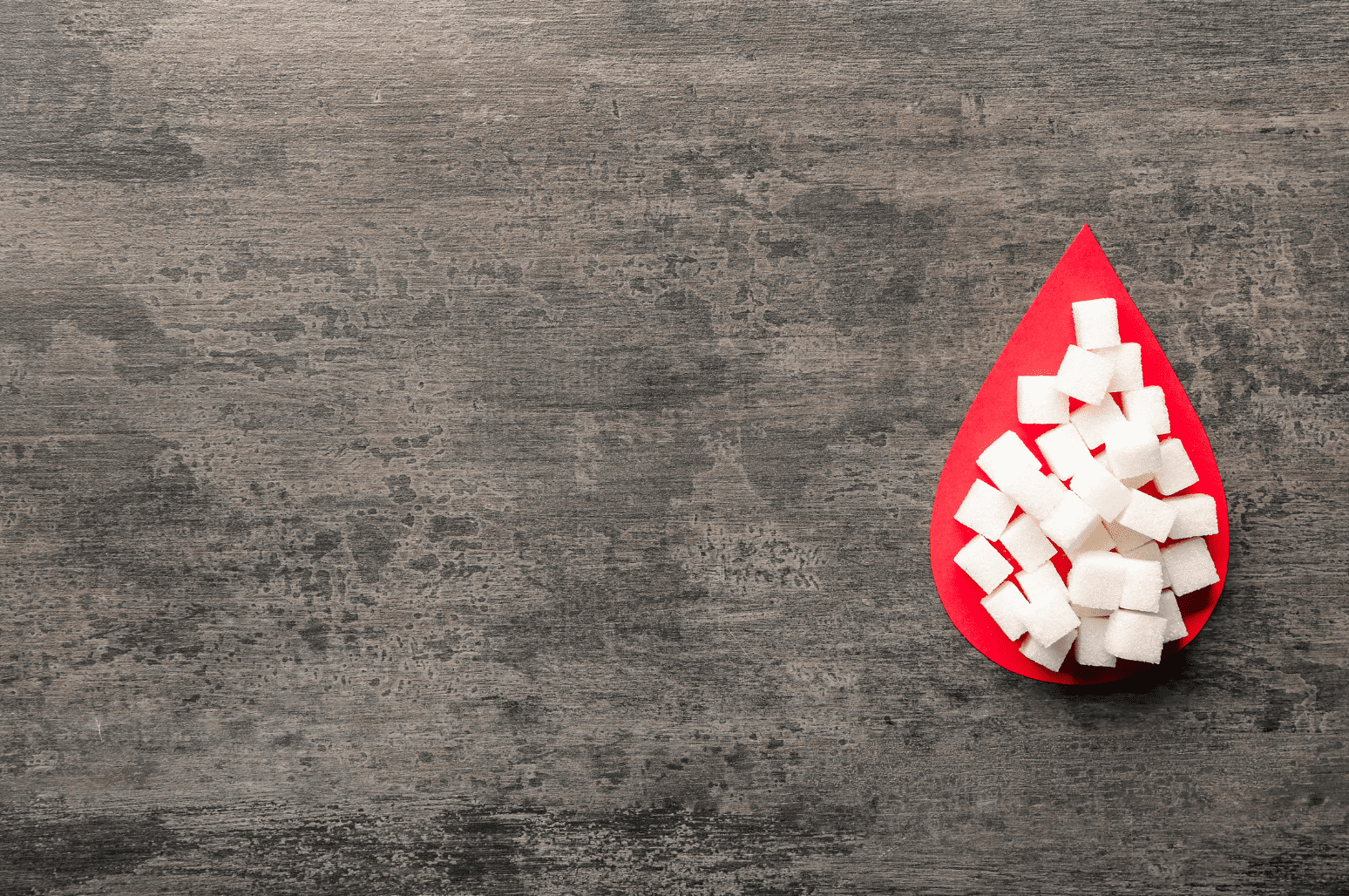
“Hormone” is one of those words that most people can use in a sentence & have a general conversation about at a surface level. Yet, the overwhelming majority of the population has no clue what a hormone really is. This is not deliberate ignorance, as not many people have a reason to know. Think about it… what is a hormone? This brief article seeks to serve as a bird’s eye view into what hormones are, why they are so important for health, and why fat is a key ingredient in their production.
What are Hormones?
Hormones are what we call a regulatory substance. By this simplified definition, it should be clear as to their role; they regulate things. What exactly they regulate depends on the specific hormone being discussed. They can make us hungry or tell us we are satisfied. They can make us grow or halt growth. The main two that are discussed in most health/fitness circles are testosterone and estrogen (though there are many others), as these two play major roles in muscle growth and fat burning (or storing).
- Testosterone is a hormone found dramatically higher in males (it’s the male sex hormone) and as you likely know, it contributes to masculine characteristics such as a higher muscle/fat ratio, body hair, sexual desire, etc.
- Estrogen could be seen in simple terms as almost the opposite of testosterone in that it is the female sex hormone. Estrogen has many roles but one of its main functions is to contribute to the growth and development of the female reproductive system. These two hormones are incredibly important to keep at healthy, normal levels in their respective sexes, and not doing so can have dramatic undesirable outcomes.
Hormone Regulation & the Role of Fats
Having sufficient fat intake, and intake of the right types of fat affects how much of the different types of hormones are produced in our bodies. For example, a study by Volek et al. found that a higher polyunsaturated/total fat ratio caused testosterone to lower significantly [1]. This means that your intake of things like canola, sunflower, and other vegetable oils might be too high if you’re struggling to lose weight & your hormones aren’t in normal ranges. Further, hormones are divided into different classes, one of which is lipid-derived hormones. As the name explains, in order to synthesize these hormones, they require lipids, which serve as the backbone of the lipid-derived hormones.
Fat Intake, Hormones, and Weight Loss
In more general terms, it has also been found that a lower fat intake overall can lower several hormone levels, including those that help regulate weight loss. If you are thinking that a hormone imbalance is a culprit in your weight struggle, you should consult a medical professional to get your levels tested. Should a hormone imbalance be found, you may consider looking at your fat intake ratios!
Final Thoughts on Hormone Regulation
Hormones are incredibly important in the regulation of many processes in our body, including our muscle/fat ratio. Two of the main hormones which contribute to the development of muscle or fat are testosterone and estrogen. In order to maintain optimal body composition & have optimal levels of these hormones, one must have adequate fat intake & be sure to eat the correct ratios of the three types of fat, namely, saturated, monounsaturated, and polyunsaturated fat.
References
Volek J, Kramer W. Testosterone and cortisol in relationship to dietary nutrients and resistance exercise. Journal of Applied Physiology. http://jap.physiology.org/content/82/1/49.










This is very helping and productive